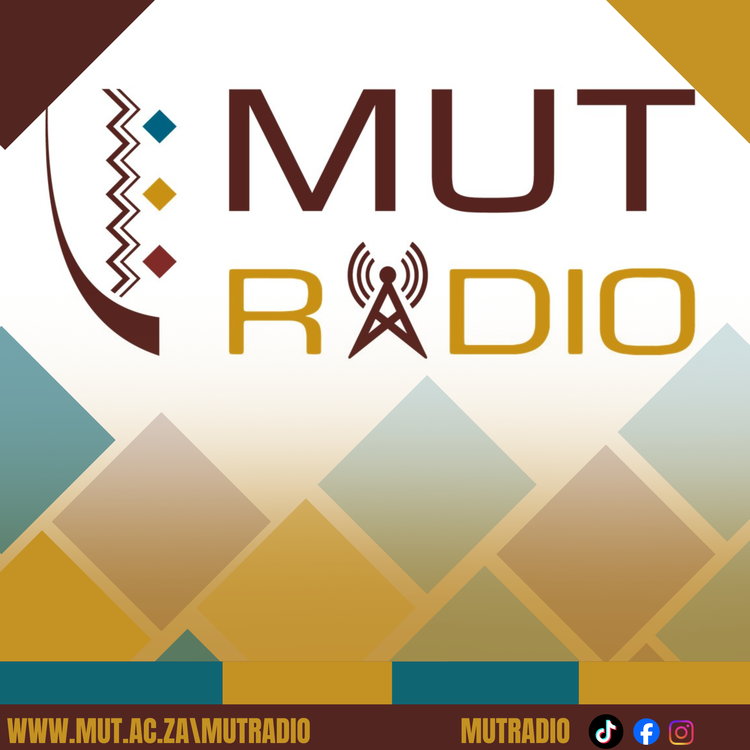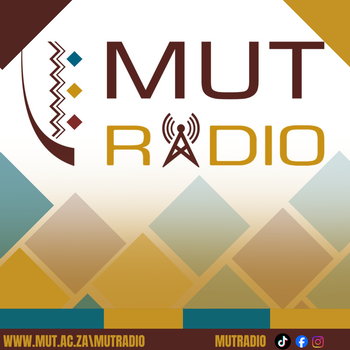
Womanity- women in Unity Dr Amaleya Goneos- Malka had an interview with Prof Alisha wade
Loading player...
In this episode of Womanity, Dr. Amaleya Goneos-Malka speaks with Prof. Alisha Wade – Director of Research in the Unit of Metabolism and Endocrinology at the University of the Witwatersrand and a Reader and Clinician Scientist in the Department of Internal Medicine in the School of Clinical Medicine at the same institution. Prof. Wade discusses her unique path in medicine, the critical gaps in women’s health research, and how investing in people’s health and education can transform nations.
Professor Wade’s journey spans Barbados, Jamaica, the UK, the United States, and South Africa. Her global academic and clinical journey offers listeners a front-row seat into how culture, geography, economics, and identity shape medicine, scientific inquiry, and social impact.
From an early age, Prof. Wade was immersed in an environment where medicine was viewed as both a noble calling and a vehicle for social mobility. She shares personal insights into how growing up in a family of male doctors influenced her early ambitions, and how her mother’s suggestion to consider law (fearing medicine might bore her) ironically led her to carve a unique path that combines intellectual curiosity with compassionate clinical care.
As a clinician scientist, Prof. Wade explains the dual nature of her role: treating patients while conducting cutting-edge research. Her scientific inquiries focus on how endocrine diseases manifest in African and African-ancestry populations. One of her standout studies – published in The Lancet Global Health – showed that diabetes prevalence in sub-Saharan Africa nearly doubled in just six years. This shocking statistic reflects not only shifting lifestyle patterns but also systemic challenges in healthcare delivery and diagnosis.
Beyond the numbers, Prof. Wade outlines the broader public health implications. She argues that healthcare systems in Africa, largely designed to tackle infectious diseases like HIV and TB, are ill-equipped to manage the chronic care demands of diabetes. Even when people are diagnosed and treated, half fail to reach treatment targets – a failure rooted in late diagnoses, poor access to care, and under-resourced systems.
The conversation pivots to explore gendered dimensions of health and medicine. Prof. Wade highlights that women often access healthcare more frequently than men, especially during reproductive years, but are paradoxically underrepresented in research – especially for conditions like menopause and polycystic ovarian syndrome. Despite their high prevalence, these conditions are vastly under-studied in South Africa and across the continent. Prof. Wade calls for greater investment in gender-specific research, noting that lived experience, leadership representation, and policy advocacy all play vital roles in driving change.
She also reflects on the structural barriers facing women who choose to specialise in fields like endocrinology. Long training timelines, limited specialist posts, and the reproductive realities of childbearing intersect in ways that often disadvantage women. Speaking candidly, she shares how few women are warned about these trade-offs early in their careers, and how more transparency and mentorship could empower women to make informed choices about training, family, and career advancement.
Prof. Wade also opens up about the importance of role modelling and mentorship, revealing her commitment to supporting the next generation of scientists and clinicians – especially women. Drawing from her own experience with strong female role models in her family, particularly her mother and grandmother, she talks about mentoring not as a prescriptive act, but as an empathetic and respectful partnership in the words of an uncle: “My job is not to give advice,” she says, “but to help people delineate their options.”
On a personal note, Prof. Wade speaks about raising her children while managing an international career and how she’s developed boundaries to protect family time. She
Professor Wade’s journey spans Barbados, Jamaica, the UK, the United States, and South Africa. Her global academic and clinical journey offers listeners a front-row seat into how culture, geography, economics, and identity shape medicine, scientific inquiry, and social impact.
From an early age, Prof. Wade was immersed in an environment where medicine was viewed as both a noble calling and a vehicle for social mobility. She shares personal insights into how growing up in a family of male doctors influenced her early ambitions, and how her mother’s suggestion to consider law (fearing medicine might bore her) ironically led her to carve a unique path that combines intellectual curiosity with compassionate clinical care.
As a clinician scientist, Prof. Wade explains the dual nature of her role: treating patients while conducting cutting-edge research. Her scientific inquiries focus on how endocrine diseases manifest in African and African-ancestry populations. One of her standout studies – published in The Lancet Global Health – showed that diabetes prevalence in sub-Saharan Africa nearly doubled in just six years. This shocking statistic reflects not only shifting lifestyle patterns but also systemic challenges in healthcare delivery and diagnosis.
Beyond the numbers, Prof. Wade outlines the broader public health implications. She argues that healthcare systems in Africa, largely designed to tackle infectious diseases like HIV and TB, are ill-equipped to manage the chronic care demands of diabetes. Even when people are diagnosed and treated, half fail to reach treatment targets – a failure rooted in late diagnoses, poor access to care, and under-resourced systems.
The conversation pivots to explore gendered dimensions of health and medicine. Prof. Wade highlights that women often access healthcare more frequently than men, especially during reproductive years, but are paradoxically underrepresented in research – especially for conditions like menopause and polycystic ovarian syndrome. Despite their high prevalence, these conditions are vastly under-studied in South Africa and across the continent. Prof. Wade calls for greater investment in gender-specific research, noting that lived experience, leadership representation, and policy advocacy all play vital roles in driving change.
She also reflects on the structural barriers facing women who choose to specialise in fields like endocrinology. Long training timelines, limited specialist posts, and the reproductive realities of childbearing intersect in ways that often disadvantage women. Speaking candidly, she shares how few women are warned about these trade-offs early in their careers, and how more transparency and mentorship could empower women to make informed choices about training, family, and career advancement.
Prof. Wade also opens up about the importance of role modelling and mentorship, revealing her commitment to supporting the next generation of scientists and clinicians – especially women. Drawing from her own experience with strong female role models in her family, particularly her mother and grandmother, she talks about mentoring not as a prescriptive act, but as an empathetic and respectful partnership in the words of an uncle: “My job is not to give advice,” she says, “but to help people delineate their options.”
On a personal note, Prof. Wade speaks about raising her children while managing an international career and how she’s developed boundaries to protect family time. She

